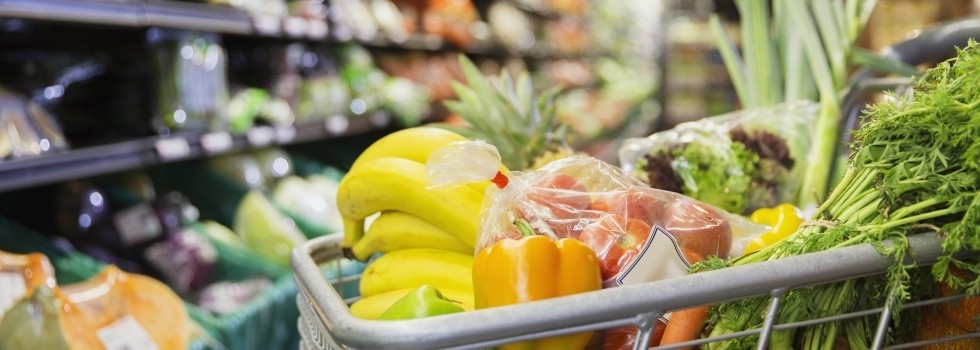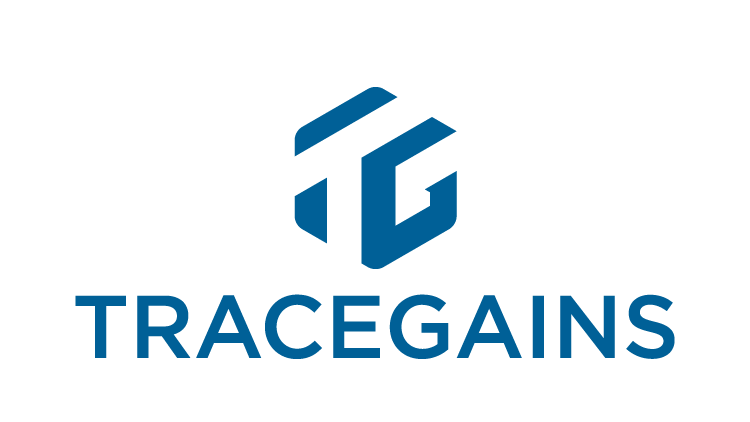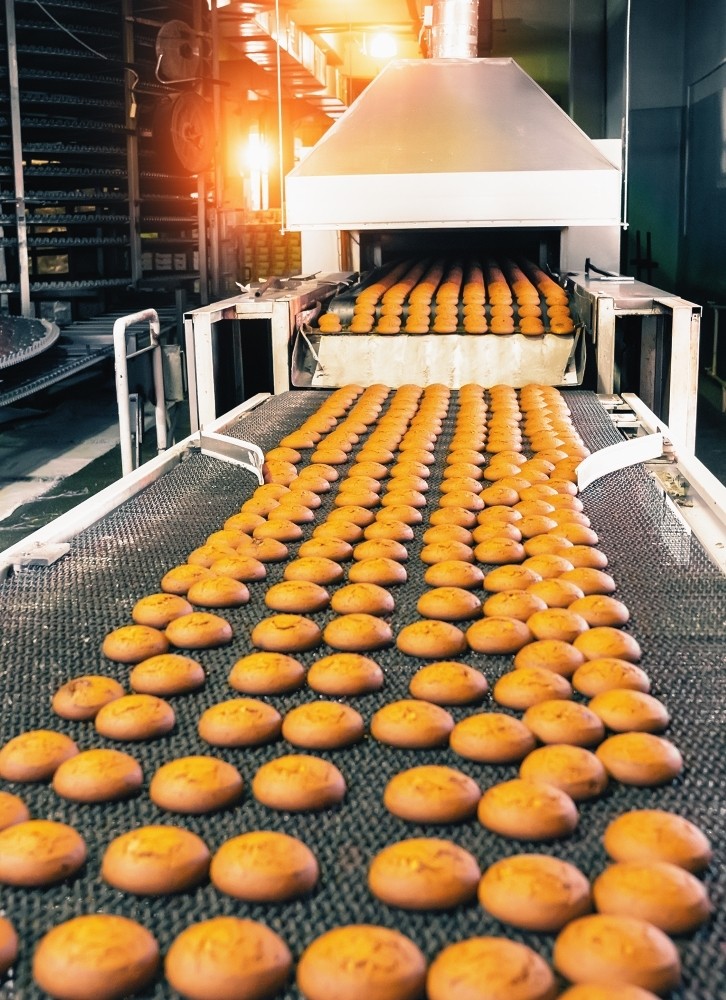Promotional Features
Securing the food and drink supply chain in a challenging market
With many FMCG grocery manufacturers coming under supply pressure, and retailers facing the prospect of empty shelves in the run-up to Christmas, the need to adopt robust digital technologies to streamline market efficiency is becoming clear.
It’s no secret that the UK’s food and drink supply chain has come under increasing pressure over the past few years, with global threats and issues closer to home taking their toll.
Brexit, Covid-19, labour shortages, weather extremes and the recent war in Ukraine have all contributed to food inflation in the UK, with a resulting rise in prices. Yet even more concerning is the fact that, as the market heads towards the challenging festive season, the threat of empty shelves in supermarkets and food and drink shortages is becoming very real, both for finished goods and ingredients.
Some of the main ingredients shortages include olive oil, production of which is set to plunge by around 25% this year, according to the latest findings of the European Commission, with poor harvests resulting from heat during the flowering period.
Reports from The Guardian suggest that rising prices of fuel, energy and chicken feed, as well as bird flu are having a drastic impact on the UK’s egg market, with some suppliers struggling to survive.
Meanwhile, several media outlets including the BBC have pointed to a dearth of Dijon mustard, exacerbated by the war in Ukraine, which has also taken its toll on grain delivery, with production down around 40% and Russia suspending its participation in a UN-brokered deal to secure the export of Ukrainian grain out through the Black Sea.
And, as Christmas approaches, the UK government has sought to calm concerns over UK turkey supply after the National Farmers’ Union cited bird flu as a disruption risk this year.
The list goes on and, all in all, paints a pretty bleak picture. For UK food and drink manufacturers and retailers, finding new ingredients and finished goods suppliers under normal market circumstances can be an arduous task, leaving a lengthy trail of paperwork, but such volatile market conditions simply serve to exacerbate the whole process.
In a recent article in Food Manufacture, it was noted that data has become the hot commodity among supply chain managers, with technology to map and monitor the sourcing and movement of goods now “intrinsic in the optimal running of food and drink businesses”.
Indeed, compared to other industries, the FMCG grocery chain lags behind in terms of automation and digitalisation. But the very real market pressures now coming to bear are likely to necessitate rapid adoption of digital technologies to help streamline trade and optimise marketplace efficiency..
One company that alleviates the current pain points the food and drink supply chain is experiencing is TraceGains, which is bringing together suppliers, retailers, ingredients and finished goods data in a digitalised format to achieve business agility.
TraceGains’ country manager UK & Ireland Dan McGlynn explains that the global food and drink industry needs to be better connected. “For too long, people have worked in silos, within their own worlds and relying on traditional supply chains and people they know to meet their supply needs,” he says. “TraceGains’ mission is to connect the whole industry together, enabling more access to data and suppliers, in order to result in a more robust supply chain based on that data.”
The company’s global Networked Ingredients Marketplace enables users to become more ingredient agile, by considering and finding alternative suppliers, substituting ingredients and/or opting for lower-cost options. TraceGains believes that networked supply chain automation facilitates ingredient agility, which in turn facilitates brand agility, helping manufacturers to better anticipate, identify and prepare for potential supply chain disruptions.
McGlynn reveals that TraceGains has achieved panacea by standardising the way data is collected an shared, connecting the entire industry onto one platform. Those who sign up to its network are able to link with more than 55,000 supplier locations in over 140 countries and accessing over three million digital assets. For example, users can search for an ingredient, foodstuff or packaging by supplier, country of origin and distance from their location. Moreover, the system has links to horizon scanning, enabling users to look in detail at suppliers and their products, as well as evaluate their performance and compliance. Companies can also store and analyse quality control and safety data in a single system and manage audits to stay on top of any potential issues.
Via the platform, buyers can contact suppliers, request samples and view a raft of useful information that might otherwise take weeks to achieve. In turn, ingredients or finished goods suppliers can use the Marketplace as a sales tool for their products, filling in automated documents on their products’ detail and compliance in one hit, which they can then update accordingly. So there is no need to complete forms over and over again, as the forms are completed once and can then be shared with many stakeholders in their supply chain.
To support the industry and create that network, the company has launched the free-to-use TraceGains GatherTM as an entry point to the Networked Ingredients Marketplace. “Every new customer that signs up to the network will see their own suppliers automatically onboarded to the system if they are not already there,” says McGlynn.
While initially a US company, success in the US and demand outside that market has led to expansion. TraceGains is currently onboarding several thousand businesses in the UK and Europe. Simply put, McGlynn anticipates that the network will very soon become “the Google of the food and drink industry”, as its network is growing all the time. “There is already a huge amount of information on products and suppliers, enabling users to make a much better judgement on products, service and how well-intended a supplier can be. It’s a self-fulfilling prophecy.”
To find out more about the TraceGains Networked Ingredients Marketplace and TraceGains Gather, contact Dan McGlynn on +44 (0)113 868 1212 or visit https://www.tracegains.com/tracegains-gather/






